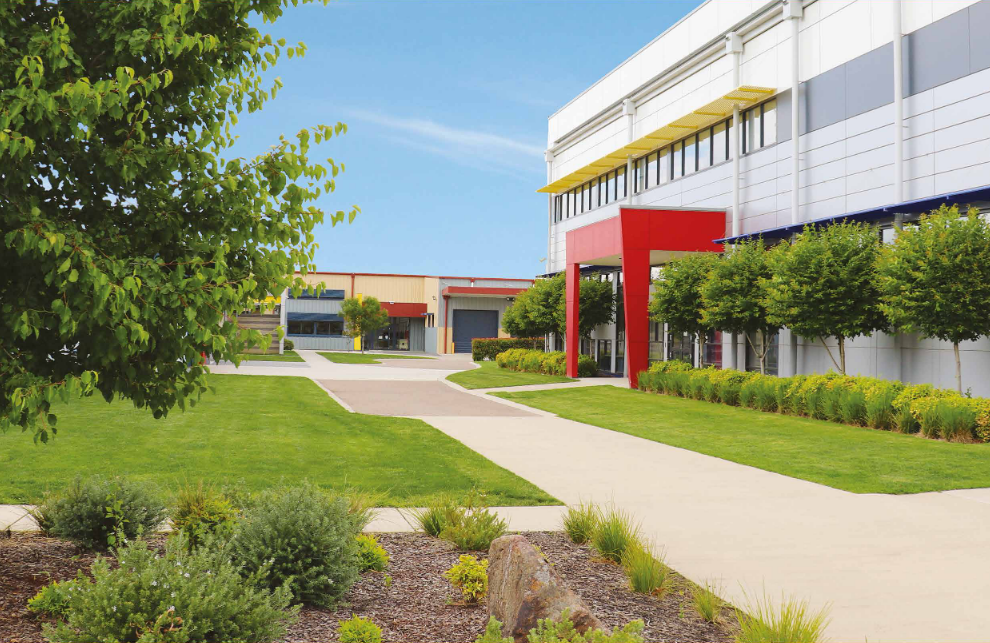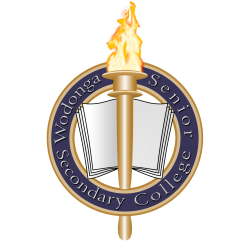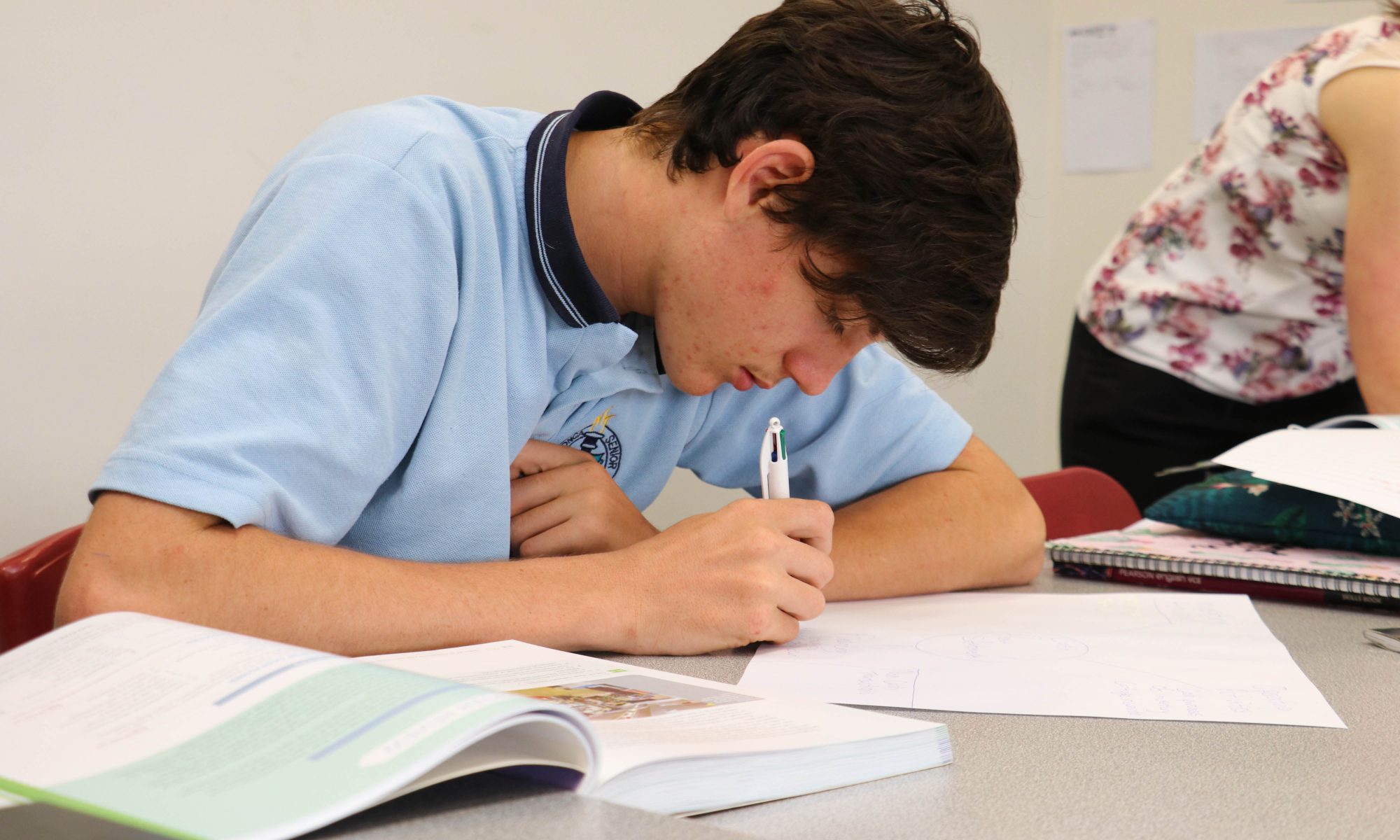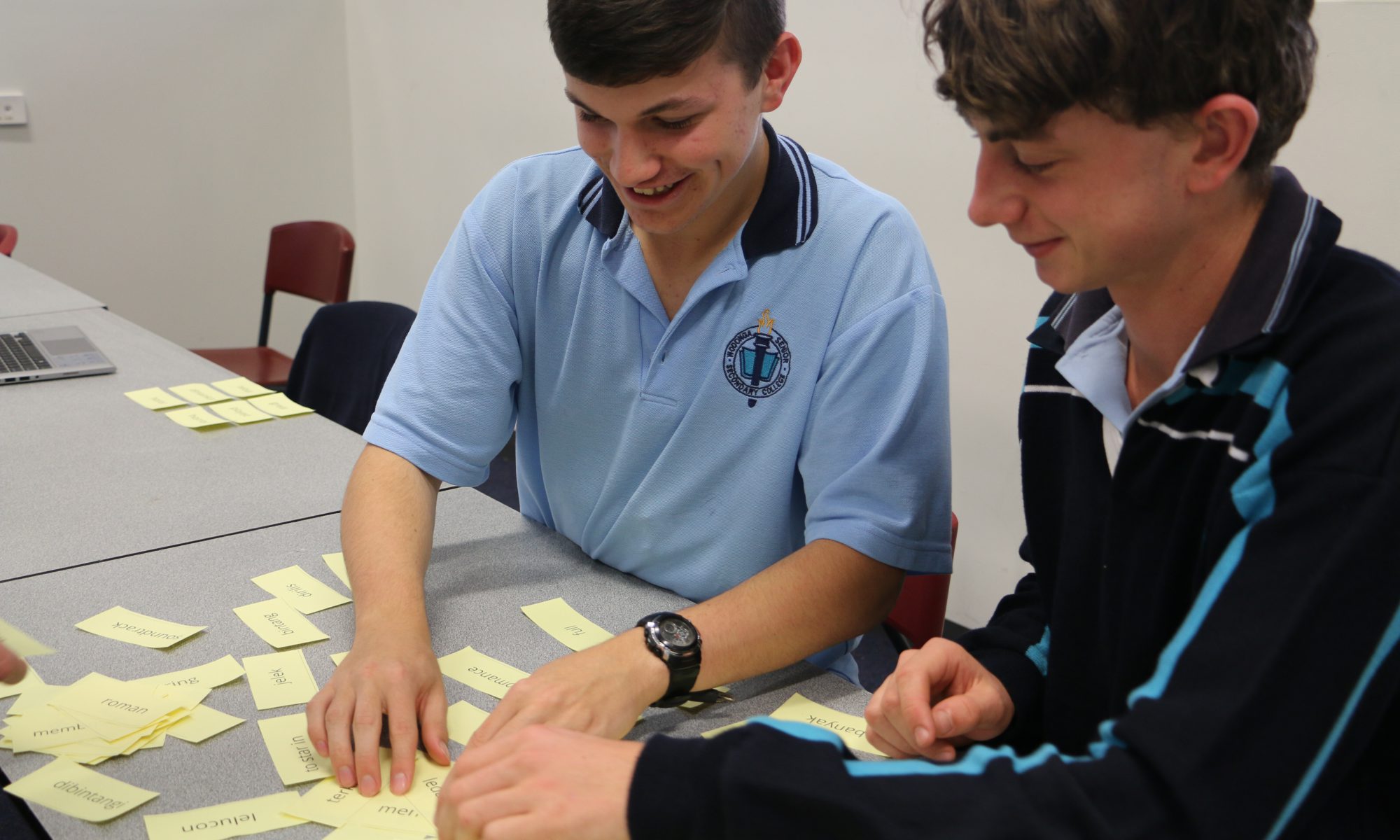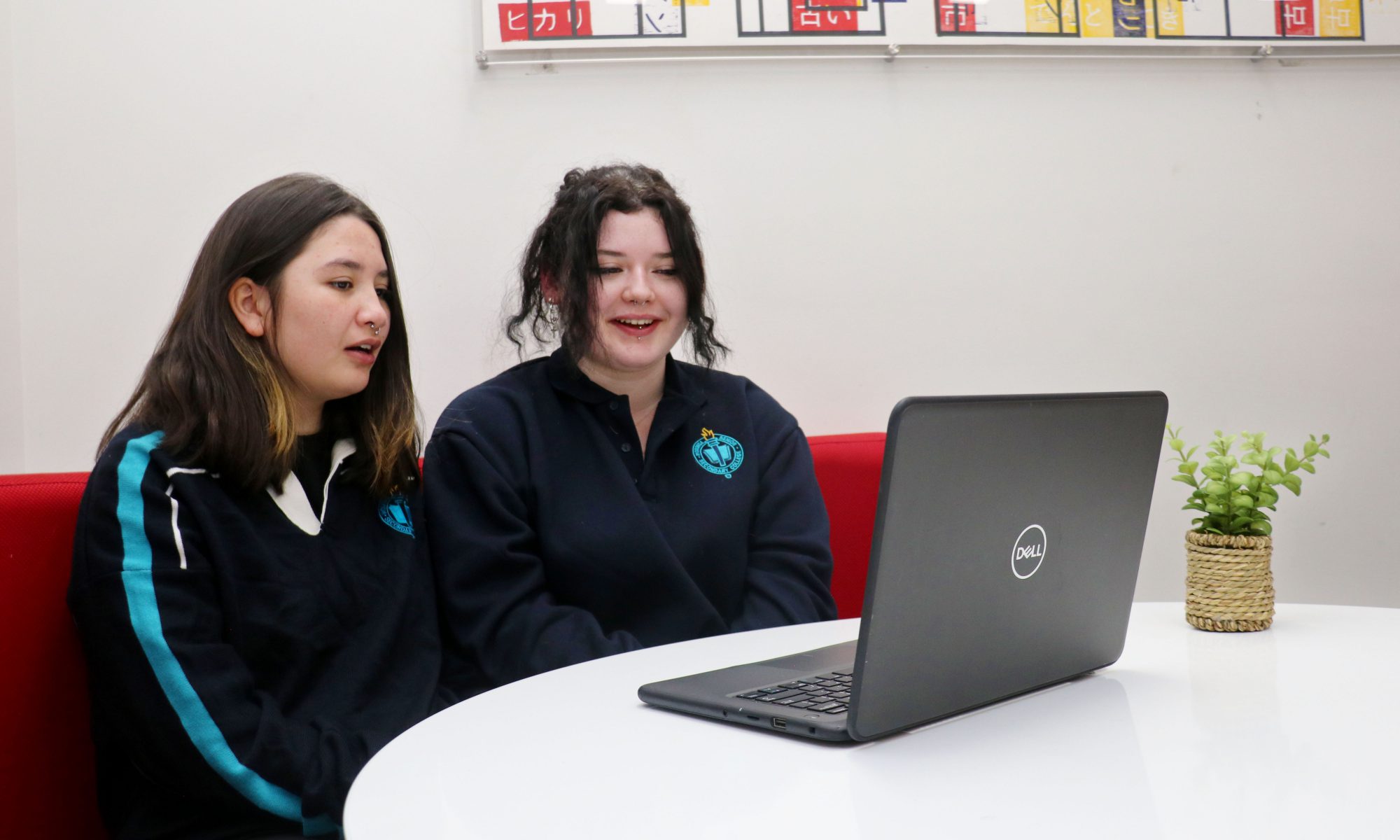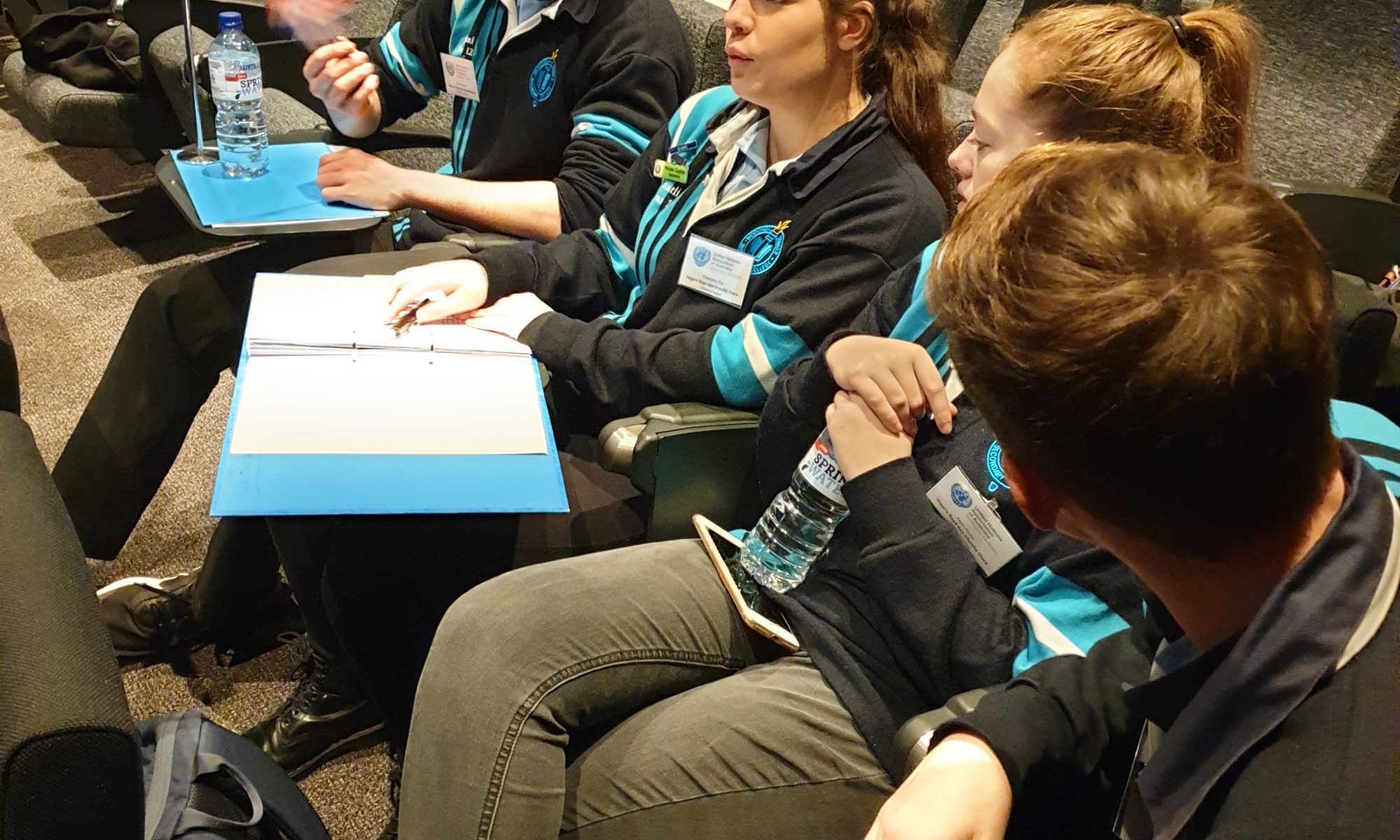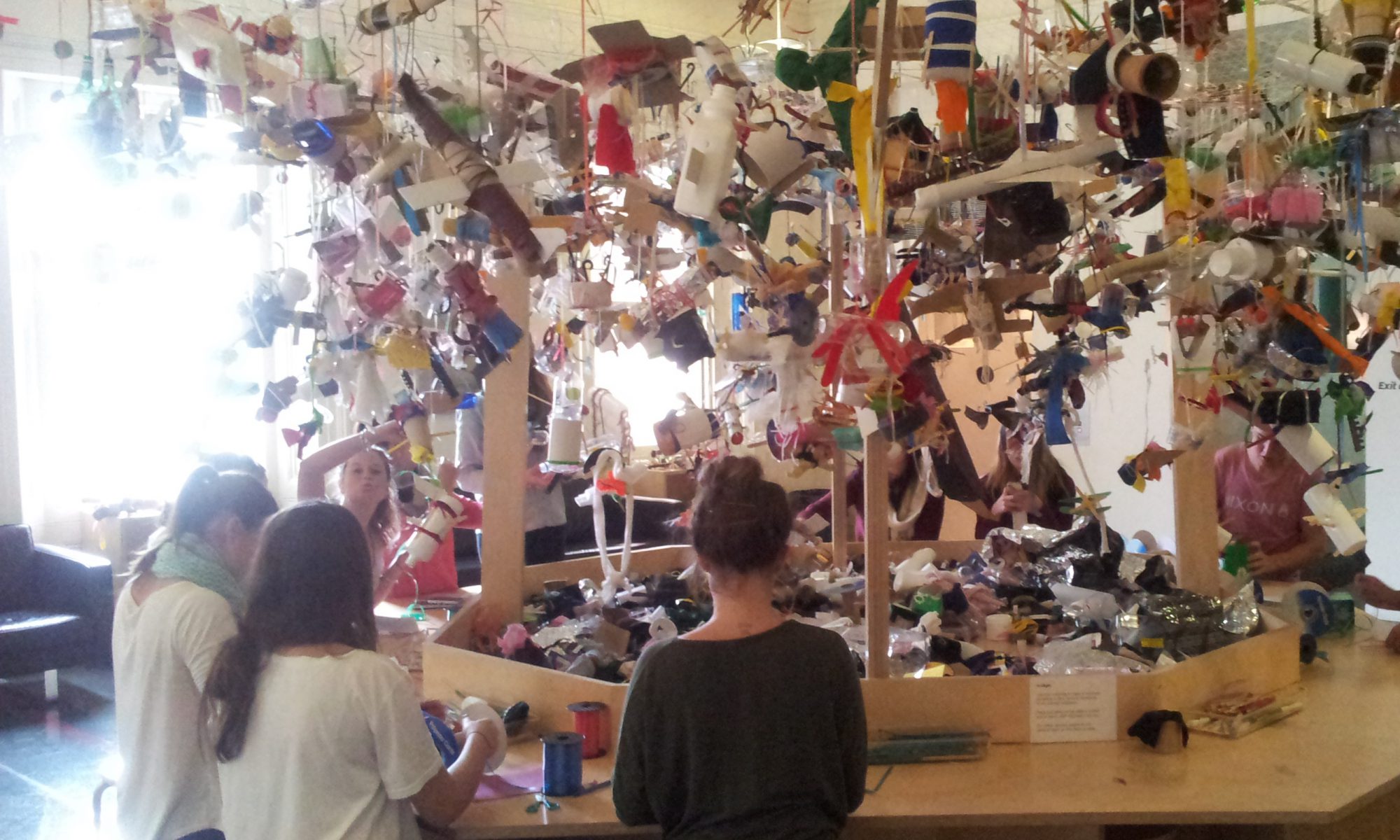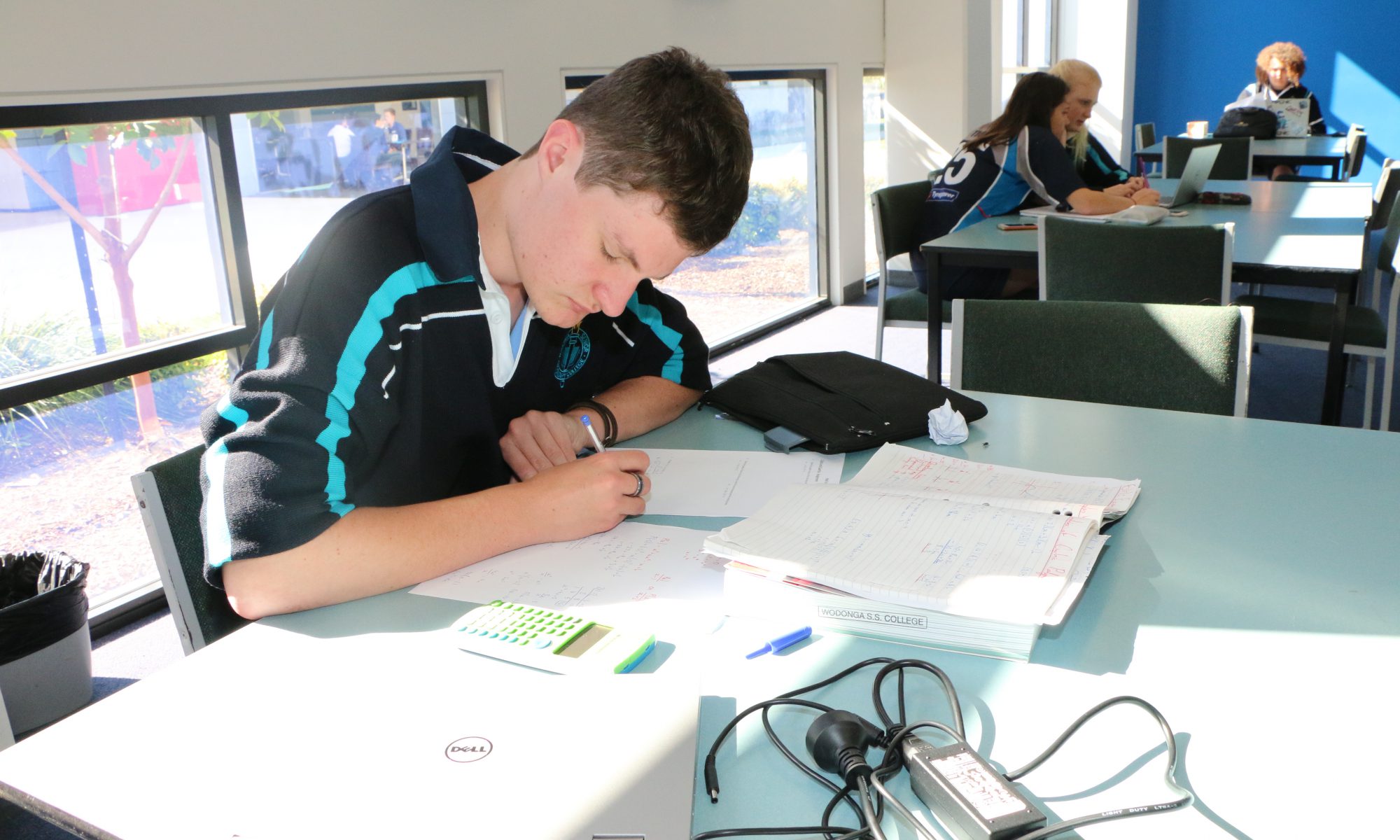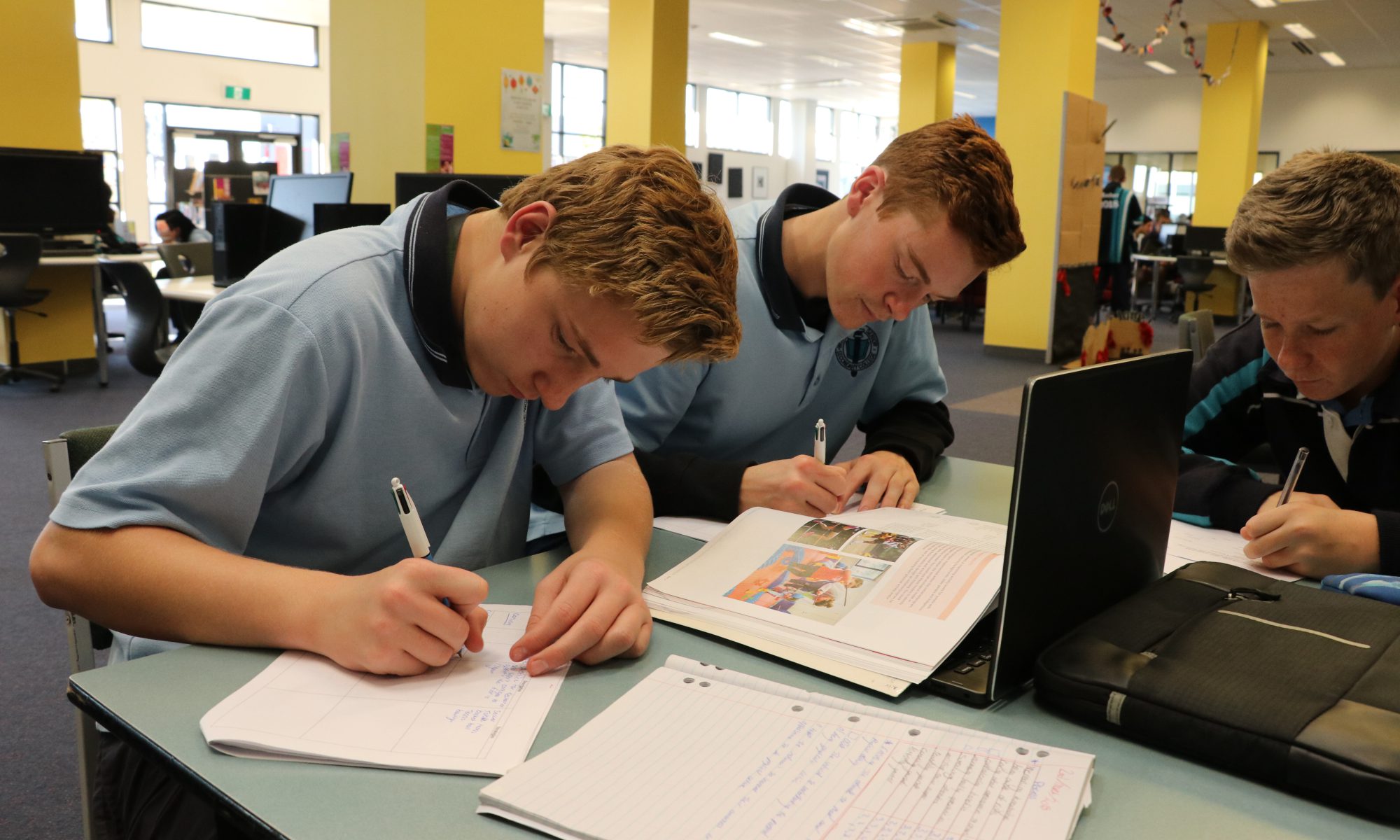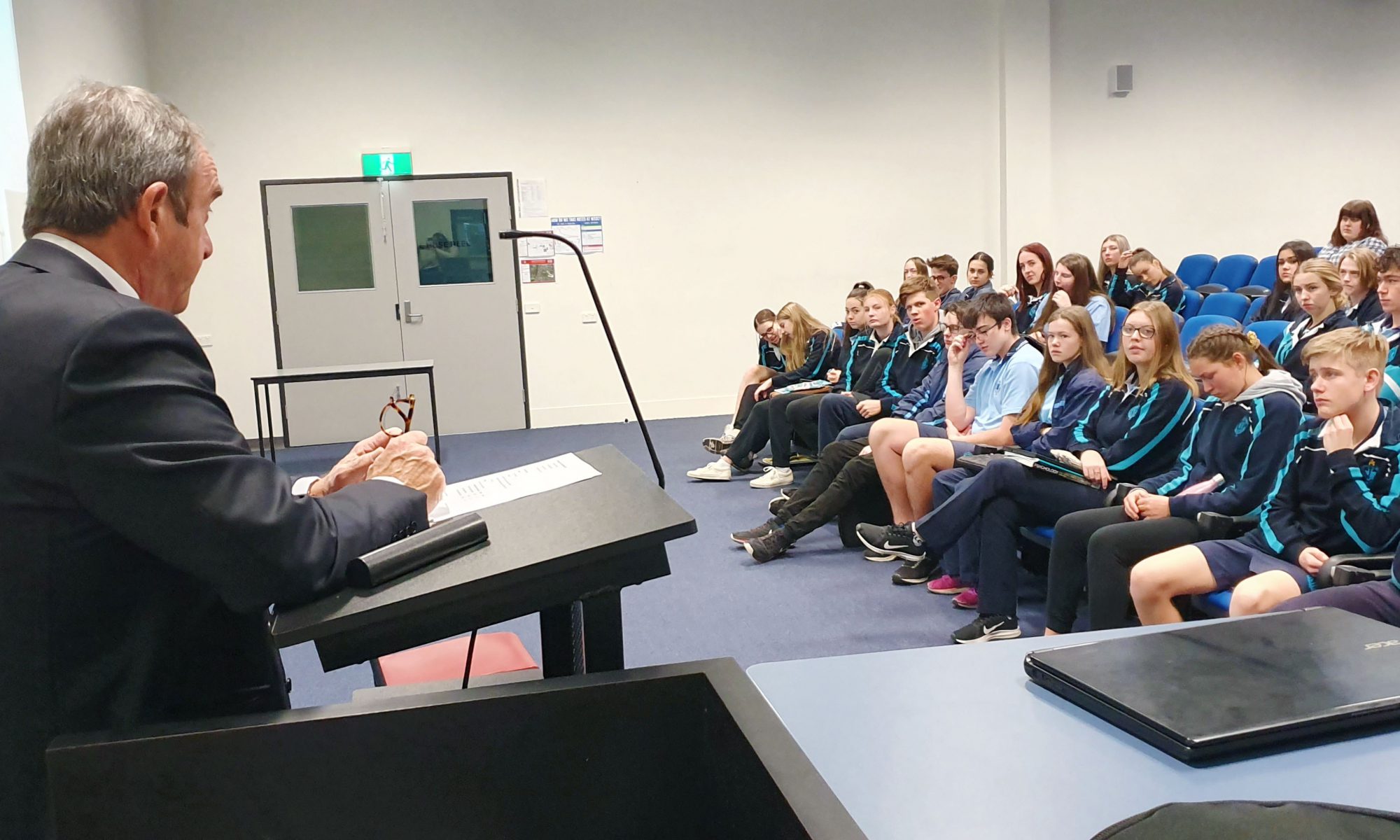Geography
Course Summary
In Unit 1, you will learn about natural hazards and disasters, including drought, oil spills, floods, climate change and infectious diseases. You will think about their causes disasters and how we respond to them, including how humans and the environment interact. In Unit 2, you will investigate tourism: where it happens around the world, how changes places and impacts people and environments. You will think about the big issues and challenges, such as making tourism more ethical. You will investigate examples of tourism in Australia and around the world.
We undertake fieldwork in geography! By using geospatial technologies and your research skills you will explore important questions about places local and global. You will develop a better understanding of your own places and spaces, and those in other parts of the world.
VCE: Units 1 & 2
Learning Activities & Assessment
- Examine hazards and hazard events, and analyse the impacts of hazard events
- Explore the nature and effectiveness of specific hazard measures such as prediction and warning programs, community preparedness and land use planning, as well as actions taken after hazards become harmful and destructive
- Examine the characteristics of tourism, the location and distribution of different types of tourism and tourist destinations, and the factors affecting different types of tourism
- Explore the environmental, economic, social and cultural impacts of different types of tourism, and the issues and challenges that these create for people and the environment
Classroom Virtual Tour
Quick Links
Approximate Costs
Unit 1 & 2
Excursion approx. costs $60
Learning Area Contact
Humanities Learning Area Leader
